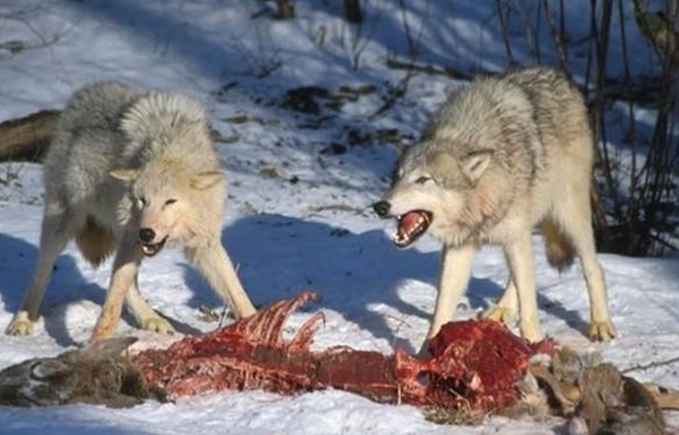Wolves are known for being apex predators in the wild, but what exactly do they eat? Let’s unveil their diet and discover what these majestic creatures really consume in the wild.
1. Prey Preference:
Wolves primarily prey on large ungulates such as deer, elk, moose, and caribou. They are also known to target smaller mammals such as rabbits and rodents.
2. Carnivorous Behavior:
Wolves are true carnivores, meaning their diet consists mostly of meat. They have sharp teeth and strong jaws that are well adapted for tearing and consuming flesh.
3. Hunting Strategies:
Wolves are skilled hunters that work together in packs to take down prey. They use a combination of stealth, teamwork, and speed to catch their target.
4. Opportunistic Feeders:
While wolves prefer to hunt live prey, they are also opportunistic feeders that will scavenge for food when necessary. They will eat carrion or even fruits and vegetables if they are available.
5. Importance of Predators:
Wolves play a crucial role in maintaining the balance of ecosystems by controlling prey populations. Their predatory behavior helps prevent overpopulation of herbivores, which can have damaging effects on vegetation and other wildlife.
In conclusion, the diet of the wolf is mainly composed of large ungulates and smaller mammals. These predators play a vital role in the food chain and ecosystem dynamics, showcasing their importance in the natural world.

